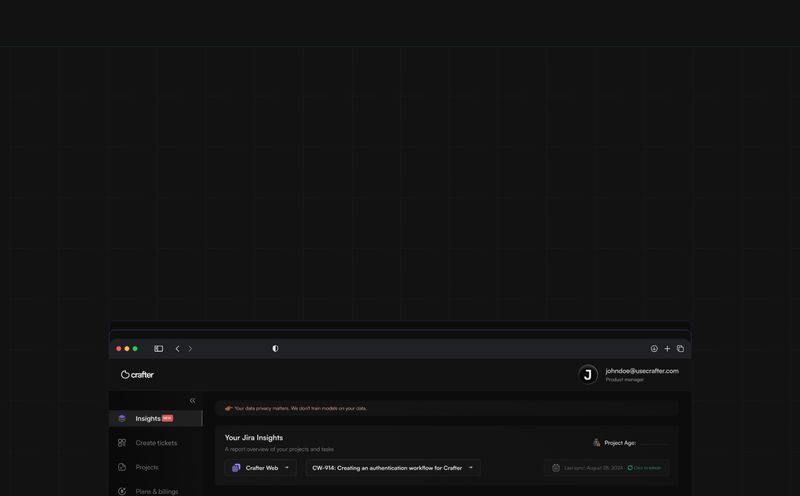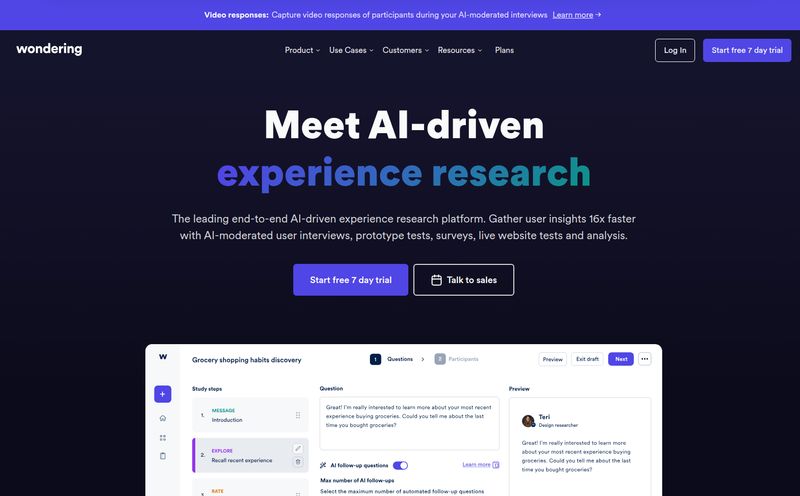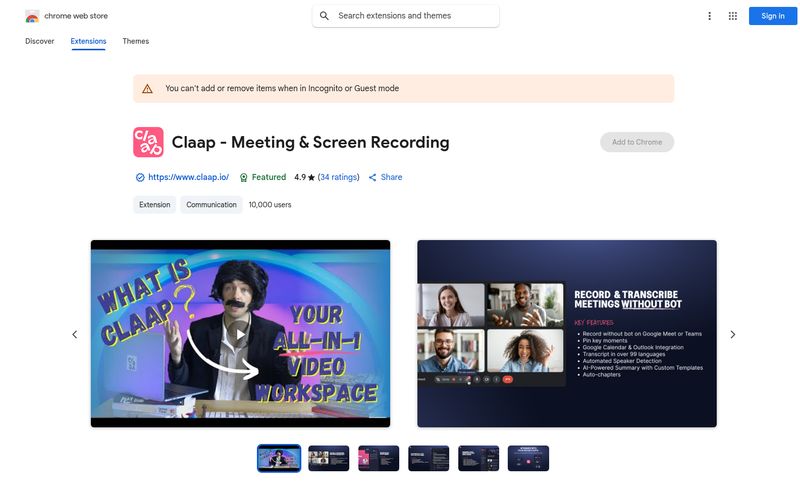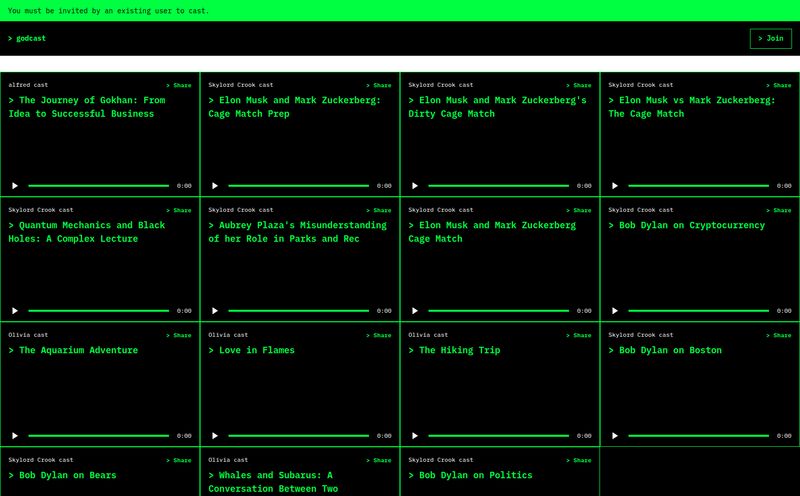I've been in the SEO and trends game long enough to see buzzwords come and go. Remember when everything was about 'synergy'? Or when every startup was the 'Uber for X'? The latest darling of the tech world is, of course, AI. And trust me, it's being slapped onto everything. So when I stumbled upon Volt Intelligence and its AI baseball assistant, 'Harley', my professional skepticism kicked in immediately.
The tagline on their site is bold: "Centuries of baseball. Spoken in seconds."
Okay, that’s a heck of a claim. We’ve come a long way since Billy Beane and the Oakland A's brought sabermetrics to the mainstream with Moneyball. Data has fundamentally changed how the game is played, managed, and scouted. But for years, that data has lived in complex spreadsheets and clunky software, accessible only to the analysts tucked away in the back office. Volt Intelligence claims their AI, Harley, changes all that. But does it? Let's dig in.
What Exactly is Volt Intelligence?
At its core, Volt Intelligence is a sports research lab. They aren't just another SaaS company; they seem to be a group of genuine data nerds who love sports. Their big play, their flagship product, is Harley. It’s an AI-powered assistant designed specifically for baseball. Think of it less as a piece of software and more as a new member of the coaching staff.
The whole idea is to take the millions upon millions of data points—pitch types, velocities, player tendencies, spray charts, you name it—and make them... conversational. Instead of having to be a data scientist to understand what’s going on, a manager or a scout can just ask Harley. It’s a fascinating approach that tries to bridge the gap between old-school baseball intuition and new-school analytics.
Meet Harley, Your AI Teammate
So, what can this AI 'teammate' actually do? This is where it gets interesting. Harley isn't just a search engine for stats; it's designed to be an interactive partner in strategy.
A Natural Conversation about Complex Data
This is the killer feature for me. The Natural Language Interface. In simple terms, you talk to it. Or type, like a chat. You can ask things like, "What are Judge’s tendencies against left-handed curveballs with two strikes?" and get an immediate, plain-English answer. Volt even touts a "Generated Audio" feature, meaning Harley can literally speak the insights to you in the dugout or bullpen. No more fumbling with a tablet between innings. This lowers the barrier to entry for advanced analytics so, so much.
The Digital Dossier and Dynamic Player Analysis
Harley also creates what Volt calls a "Digital Dossier" on players. Think of it as the most comprehensive, constantly-updated scouting report you've ever seen. It combines traditional stats, advanced metrics, and even allows for custom notes and visuals from your own scouts. It’s a living document on every player that matters.
Paired with Dynamic Player Analysis and Advanced Filtering, a coach can spot trends on the fly. Maybe you notice a pitcher's velocity dips slightly after 80 pitches specifically in night games. That’s an insight that could win you a game, and it’s something that would be incredibly tedious to find manually. Harley promises to surface that kind of intelligence proactively.
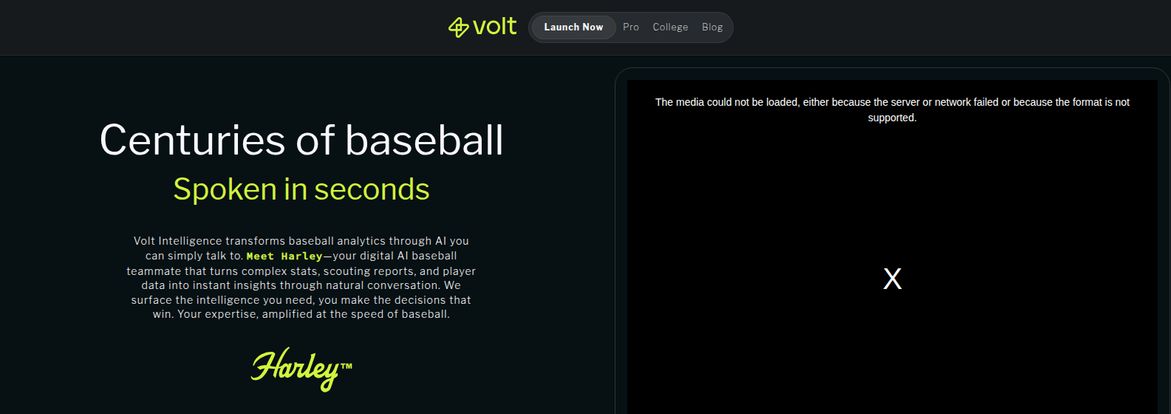
Visit Volt Intelligence
How Does This Actually Help a Team Win?
Features are nice, but wins are what matter. So how does this translate to the field? It’s all about speed and clarity.
- In-Game Strategy: Getting real-time advice on pitch selection or optimal defensive positioning based on the current batter and game situation.
- Roster Optimization: Analyzing matchups to build the most effective lineup for today's game, not just going with your gut.
- Smarter Scouting: Quickly identifying undervalued players in the draft or free agency whose underlying metrics suggest a high potential for success.
It's like having a sabermetrics genius whispering in your ear, giving you the data to back up (or challenge) your intuition. The goal isn't to take over, but to provide an insane strategic advantage by making smarter decisions, faster than the other guys.
The Good, The Bad, and The AI
Alright, let's be real. No tool is perfect. As an SEO, I've seen enough 'miracle' platforms to know there are always trade-offs. Based on what I've seen, here's my honest breakdown.
The upside is pretty clear. Getting real-time insights during a game is a massive advantage. The conversational interface makes powerful data accessible to everyone on the staff, not just the analysts. And for pro teams, the promise of data security and sovereignty is a big deal; you don't want your proprietary strategies leaking out.
But there are potential hangups. The biggest philosophical one is the "reliance on AI" and the potential loss of the human element. Some might argue that baseball is a game of heart and gut feelings. My take? I’ve always believed teh best tech doesn't replace expertise; it amplifies it. A great manager will use a tool like Harley to confirm a hunch or spot something they might have missed. A bad manager will follow it blindly and fail. The tool itself is neutral.
"The fear isn't that AI will replace the manager. The fear is that a manager with AI will replace a manager without it."
The more practical issue is data integration. Harley is only as good as the data it has. For full functionality, an organization will need to feed it their own internal data—from scouting reports to TrackMan numbers. That’s a significant technical and logistical step. It’s not quite plug-and-play.
So, What's the Catch? A Look at Pricing
This is the million-dollar question, isn't it? As is common with these high-level, enterprise-focused platforms, Volt Intelligence doesn't list its pricing publicly. I did some digging on their website, and it seems their 'Pro' and 'College' pages are currently leading to a 404 error. Happens to the best of us, I guess! A little website hiccup.
My educated guess is that we're looking at a custom enterprise license for MLB or MiLB organizations. For college programs, there might be a tiered SaaS subscription model. Either way, this is a professional-grade tool, and you can expect it to have a professional-grade price tag. It's an investment, not a casual purchase.
Frequently Asked Questions about Harley and Volt Intelligence
Is Harley just for MLB teams?
While it seems geared towards professional organizations, the mention of a 'College' plan suggests they are targeting NCAA programs as well. The scalability of AI could eventually bring this tech to lower levels, but for now, it's for high-level teams.
How does Volt Intelligence ensure data security?
They explicitly mention data security and sovereignty, which is crucial for pro teams. This likely means data is siloed, encrypted, and the team retains full ownership of their proprietary information and any insights generated from it.
Can Harley predict game outcomes?
No. It’s not a crystal ball. It’s a probabilistic tool. It can tell you what is most likely to happen in a given situation based on historical data (e.g., "This batter hits .350 on first-pitch fastballs"), but it can't predict the future with certainty. That's why they still play the games!
What kind of data does Harley analyze?
It seems to ingest a massive range of data, from basic box score stats to advanced info like spin rates, defensive shifts, player biometrics, and custom scouting notes. The more data it has, the smarter it gets.
Does using an AI like Harley take away from the manager's role?
This is a matter of perspective. I'd argue it enhances the manager's role. It frees them from having to memorize every single data point and allows them to focus on leadership and making the final call, armed with better information.
How is this different from existing baseball analytics software?
The key difference is the conversational interface. Most analytics software requires users to navigate complex dashboards and filters. Harley aims to provide the same deep insights through simple, spoken or typed questions, making it much faster and easier to use in real-time.
My Final Take
So, is Volt Intelligence's Harley the next 'Moneyball'? Maybe. It certainly feels like the next logical step in the evolution of sports analytics. Moving from static reports to real-time, conversational insights is a genuine leap forward.
I'm impressed by the concept. It’s ambitious. If they get the execution right, Harley could become an indispensable tool for teams serious about competing on a data-driven level. It's not about taking the soul out of the game; it's about giving the brilliant minds in the dugout a more powerful brain to work with. And in a game of inches and split-second decisions, that could make all the difference.
Reference and Sources
For more information, you can visit the official website:
